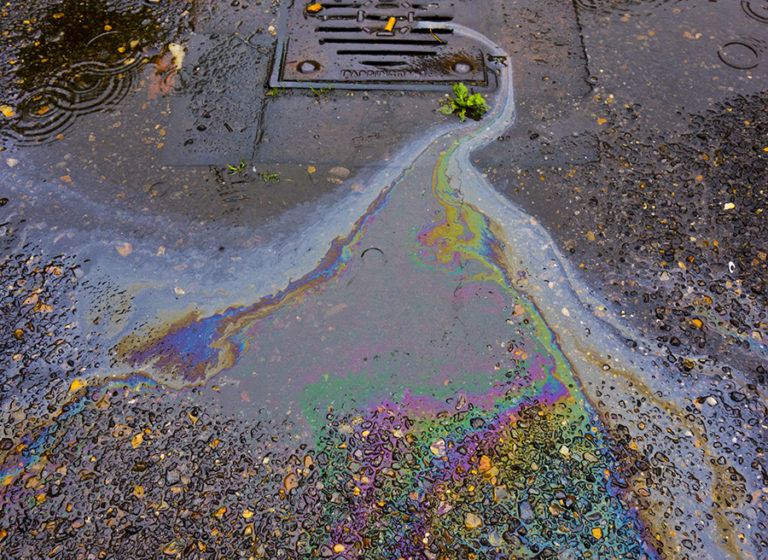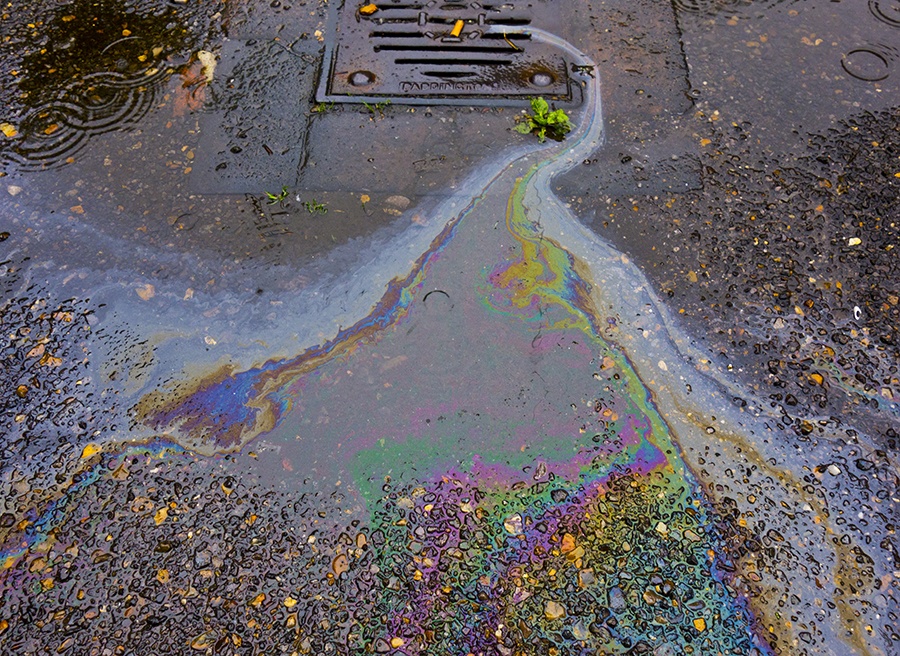
Stormwater runoff is an increasingly alarming issue in many cities and suburban areas in our country because of the flooding and subsequent safety, economic, and health risks residents are exposed to due to it. Unsafe chemicals found on buildings, roads, and other impermeable places seep into rainwater, making it unsafe for human and animal consumption or recreation.
The state of New Jersey, known for having strict stormwater policies, has created new legislation to better confront this problem. According to The Clean Stormwater and Flood Reduction Act (Assembly Bill A2694; Senate Bill 1073), “It is estimated that up 24 to 60 percent of the State’s existing water pollution is attributable to 25 stormwater and nonpoint sources of pollution” and without the adequate stormwater infrastructure, there are concerns about rising sea levels, potentially leading to more occurrences of flooding with greater severity.
In the act, it is estimated that “more than 10% of the land in New Jersey is covered with impervious substances” and is even more problematic in urban New Jersey municipalities “which routinely overflow and discharge untreated wastewater and stormwater into the State’s waters, contributing to water pollution”.
As a result, the legislature is seeking a green approach to dealing with the stormwater; however, if Governor Murphy signs the act, the burden on funding the proposition will be placed on property owners or occupants “of any real property from which originates stormwater runoff which directly or indirectly enters the stormwater management system or the waters of the State”. To determine the “fee or other charge” to the occupants or owners, it is proposed that local stormwater utilities are created to assess runoff proportions from any real property based on their assessment of the amount of runoff contributed from the property. Lands used for agricultural or horticultural use would be exempted from these fees and other charges. Of the monies collected, a percentage would be remitted to the state to fund the Clean Stormwater and Flood Reduction Act.
Reduced charges and fees are attainable if the property upholds best management practices for treating, retaining, or reducing stormwater on the property per the utility authorities’ standards. We cannot say if many local municipalities or counties will create public utilities for these stormwater runoffs and what the impact that these new policies will make in New Jersey, but it is an issue worthy of discourse and monitoring especially if they affect the change in areas in which it is sorely needed.




